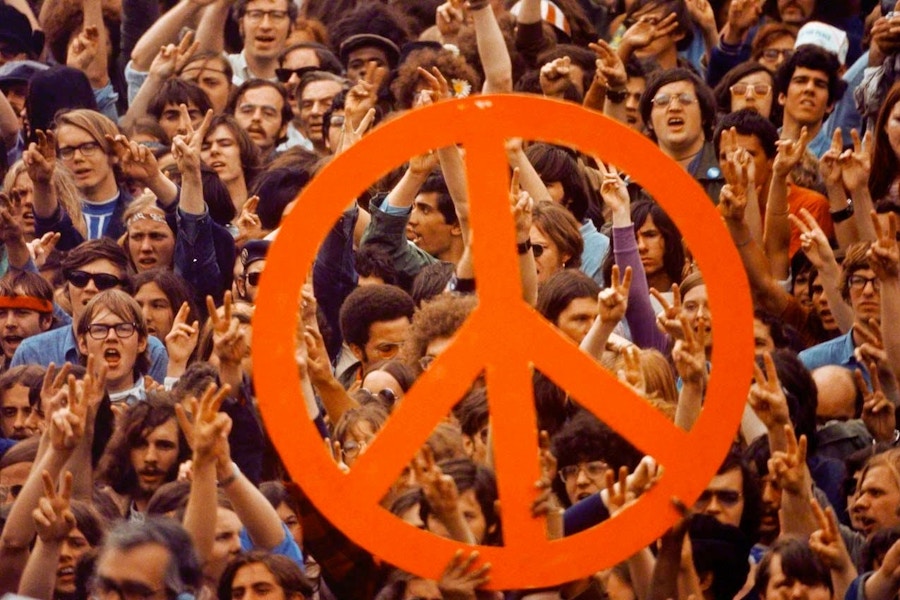I graduated in 1972 from UCLA with a BA in history. I had started school with the general plan to gain admission to law school and then spend the rest of my working years practicing law. I had a gift for gab, appreciated what I had heard lawyers made as salaries, liked to read, and thought that if one had to work, the vocation of law was at least worth exploring. I wish I could say I had higher aspirations as I began to send off my law school applications, but such was not the case. I simply knew I needed a job when I graduated; my natural gifts appeared to match the requirements for what lawyers did and how they tended to think.
The daunting problem facing me and a possible career in law was my G.P.A. I had proved to be an underperforming, unpromising student. My grade point average upon graduation, if memory serves me correctly, was 2.95. I was hardly promising material for the few spots in law schools available to graduating seniors. Somehow, though, I managed to score well on the LSAT (Law School Aptitude Test) and, much to my surprise, was accepted by the University of San Diego Law School. This was extremely encouraging to me. And then I met Jesus. As we’ve already seen, he has a way of turning things upside down.
The late sixties were a wild, wonderful, worrisome time to be in school at the University of California. The war in Vietnam was raging, and war protests regularly punctuated a day at the university. I remember the daily hum of police helicopters hovering over hot spots in Westwood, periodic sweeps by the Los Angeles Police Department across campus, and the agitated, turbulent, urgent words of speakers on the free-speech platform just off Bruin Walk. The issue of the day might be the war itself or other topics from economics and politics to philosophy, music, or sex.
What I most vividly recall, though, is the deeply felt urgency of the times. Many students felt they stood on the brink of history’s end; discussions and debates, religious or not, often had an apocalyptic tone. Rumors circulated that California was soon to drop into the sea with the arrival of the long awaited “big-one”. The world seemed tilted on edge, off-kilter, out of balance. The conflict over the war in Vietnam revealed cracks in American moral underpinnings, at least from the perspective of the young. Students opposed to the war insisted that it end immediately. Others felt just as strongly that those opposing the war were disloyal, cowardly sentimentalists, unaware of political realities. Whether for or against the war, many students sensed that life in America was rapidly changing: politically, morally, spiritually.
It was a time of extremes, of deep darkness and bright light and, surprisingly, of opportunity for Jesus to speak in the most unlikely places and to the most unlikely people. In the midst of this screwy, sexually overheated, violent world the words and deeds of Christ found a ready audience. Where? Precisely among young people who were longing to find a point of moral and spiritual clarity and stability, a rock in the midst of the storm, truth in the midst of the falsehoods of both the Right and Left, forgiveness in the midst of an increasingly jaded culture. Christ presented himself in the guise of street preachers such as “Holy Hubert” at Berkeley and singers like Larry Norman in Los Angeles. More conventional ministries, such as Campus Crusade for Christ, attracted some. Some less conventional groups, such as the Christian World Liberation Front at Cal, reached others. The revival known as the Jesus movement broke out on Christian campuses and rippled through the counterculture. As it did so, it enveloped me.
To be continued …
You can catch up with all of Chris Hall’s blog posts at Conversations with Chris.


